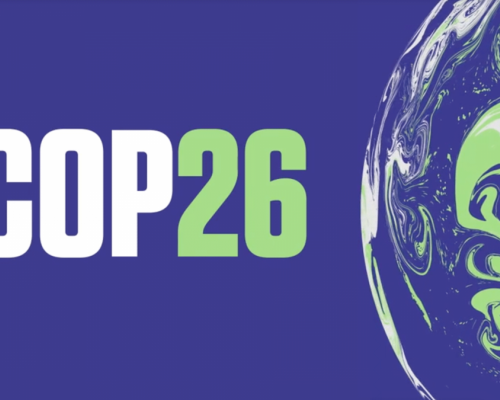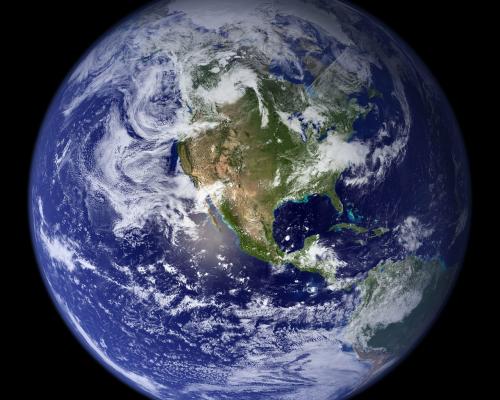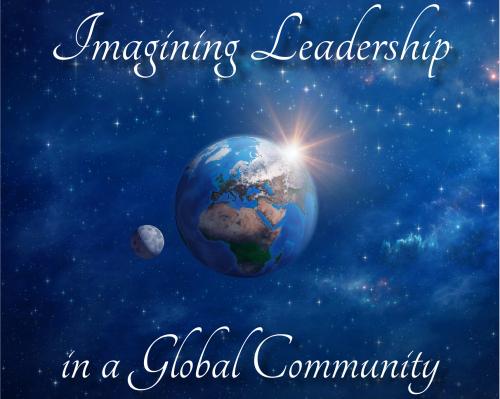Reading the signs of the times from our desire to create communion, we, the Leadership Conference of Women Religious, affirm the interrelatedness of the justice concerns addressed by the LCWR Call for 2015-2022. We are heartbroken by the myriad ways our one human family and Earth, our common home, suffer from disconnection, indifference, violence, and fear in the face of racism, migration, and climate crisis.

We hear the call to care for God’s creation in the billions of impoverished people who have no access to even the basic necessities to sustain life, clean air and potable water; in the massive investment in natural resource extraction around the world, that thwarts integral sustainable development; in the allure of lifestyles focused on increasing consumption that fail to truly nourish human life and community; and in the global scramble for energy sources needed to maintain these lifestyles and that can lead to conflict and war.
Climate change, once considered an issue for a distant future, has moved firmly into the present. The science is clear, human influence on the climate system is real and growing. The emission of greenhouse gases and other anthropogenic drivers have been the dominant cause of global warming since the mid-20th century. If left unchecked, climate change will increase the likelihood of severe, pervasive, and irreversible impacts for people and ecosystems. However, options are available that can help to ensure that the impacts of climate change remain manageable. That is, if we have the moral imagination and the political will to act.
We believe that Earth and its resources are a gift from God, deserving of our respect and care. We know too, that we have abused this gift, placing unsustainable burdens on our environment and its resources. Faith and reason dictate that we reverence and protect our environment so as to make it available for generations to come. As people of faith, as religious who come from a long tradition of understanding creation as revelatory of God, we have a particular responsibility to act. We are called to stand with the most vulnerable peoples and nations, to care for God’s creation, and to fulfill our obligation to future generations. We cannot remain simply bystanders.
We are resolved to bring our own experience and charisms to the current conversation on climate change and to:
- Seek concrete ways to curb environmental degradation;
- Mitigate its impact on impoverished communities and the most vulnerable people;
- Restore right relationships among all God’s creation;
- Foster a consciousness of care for God’s creation among all our members, colleagues, institutions and those with whom we serve.
LCWR has spoken publically and consistently on the need for care for our common home.
Public Statements
Assembly Resolutions
Rooted in the oneness of our love for God and our love for God’s creation, we, the Leadership Conference of Women Religious, commit ourselves to use our spiritual, social, and educational resources and our public credibility to promote the national transition from fossil fuel energy sources to renewable energy sources as quickly as possible.
Partner Organizations
(Collaboration of the JPIC Commission of the UISG/USG and the Global Catholic Climate Movement)




